Are you looking for a way to express your gratitude while also seeking a testimonial? Crafting a thoughtful letter can effectively combine both elements, making it easy for your recipient to provide valuable feedback. In this article, we'll share a simple yet impactful letter template that not only thanks your contacts for their support but also invites them to share their experiences. So, let's dive in and explore how you can create a meaningful message that resonates!

Personalized Salutation
Personalized salutation can enhance the connection in testimonial requests. Using the recipient's first name adds a personal touch, fostering an atmosphere of familiarity and trust. For example, starting with "Dear [Recipient's Name]" or "Hello [Recipient's Name]" acknowledges individual relationships and shows genuine appreciation. Tailoring the message further by referencing specific interactions or shared experiences can increase the likelihood of receiving a positive response. Personalization indicates value, making recipients feel esteemed and more willing to contribute their feedback. Overall, a personal salutation acts as an effective strategy in communication for obtaining testimonials.
Clear Purpose Statement
A testimonial request for a service can significantly enhance credibility and attract new clients. This request should clearly specify the purpose, highlighting aspects such as the importance of client feedback, the impact of testimonials on potential clients' decisions, and a polite expression of gratitude for the client's time and support. Including a deadline for submission can encourage timely responses. By establishing a clear purpose, potential clients can understand the value of the testimonial, thus increasing the likelihood of participation. Maintain a professional tone throughout, ensuring that the appreciation for past business is evident.
Specific Request and Guidelines
Creating a compelling testimonial request involves clarity and appreciation. The request should specify the context of the testimonial, desired length, and key points you hope to be highlighted. Express gratitude for their willingness to share their experience. For instance, when requesting a testimonial from clients or collaborators, indicate how their feedback will be used (e.g., marketing materials, website content) and offer guidance on focus areas (e.g., specific services, positive outcomes). Following the request, include a sincere thank you note recognizing the value of their insights and the time taken to assist. Personalize this acknowledgment to strengthen the relationship and encourage future collaboration.
Expression of Gratitude
A heartfelt expression of gratitude is essential in acknowledging support and contributions in personal or professional contexts. Testimonials serve as valuable endorsements for individuals or businesses, enhancing credibility and allowing others to benefit from shared experiences. Collecting testimonials often involves reaching out and politely requesting feedback, showcasing appreciation for the effort taken in crafting a meaningful response. A well-structured approach increases the likelihood of obtaining impactful testimonials, while a genuine thank-you follows the request, reinforcing relationships and creating positive rapport. Such communications can be aimed at former clients, colleagues, or mentors, enhancing professional networks and fostering goodwill.
Contact Information for Follow-Up
Creating a compelling testimonial request involves clarity, appreciation, and a call to action. For example, a business owner might reach out to a satisfied customer, whose experience can help potential clients understand the value of the service. Customer names and their respective feedback play a significant role, impacting brand reputation and trust. Including specifics such as service dates, product names, or results achieved can enhance the credibility of testimonials. For follow-up, providing clear contact information, such as an email address or phone number, allows customers to easily share their testimonials. Ensuring gratitude is expressed, perhaps through a personalized message, can encourage customers to take the time to contribute. Each testimonial becomes a piece of social proof, highly influential in decision-making for prospective clients.

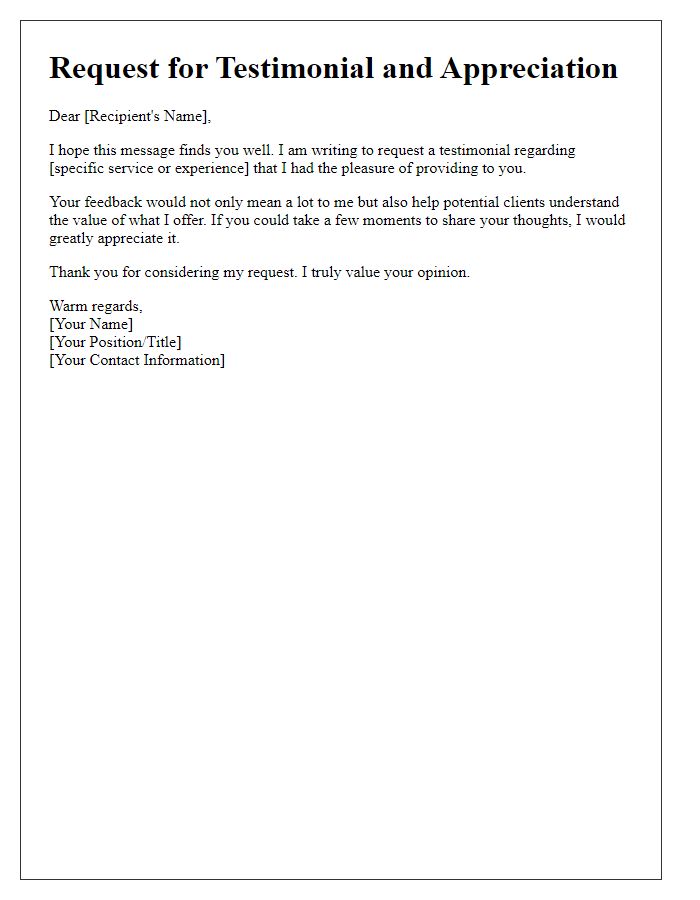
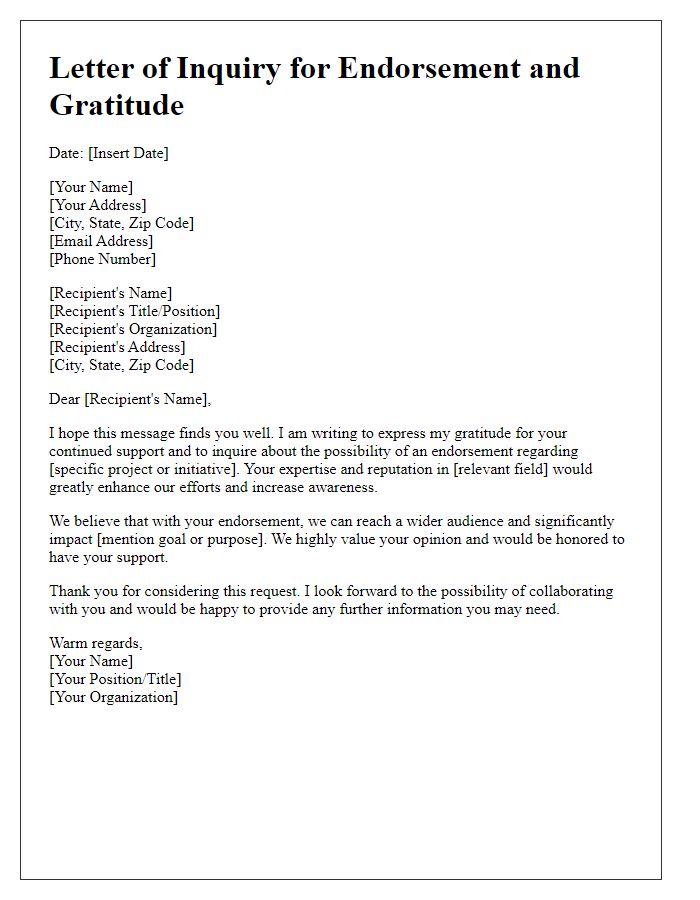
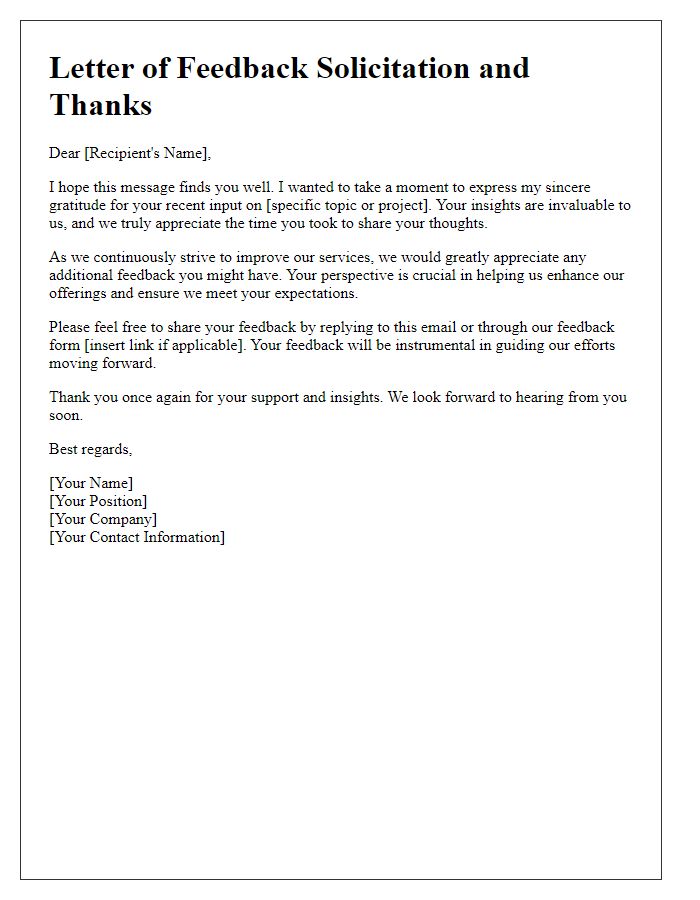
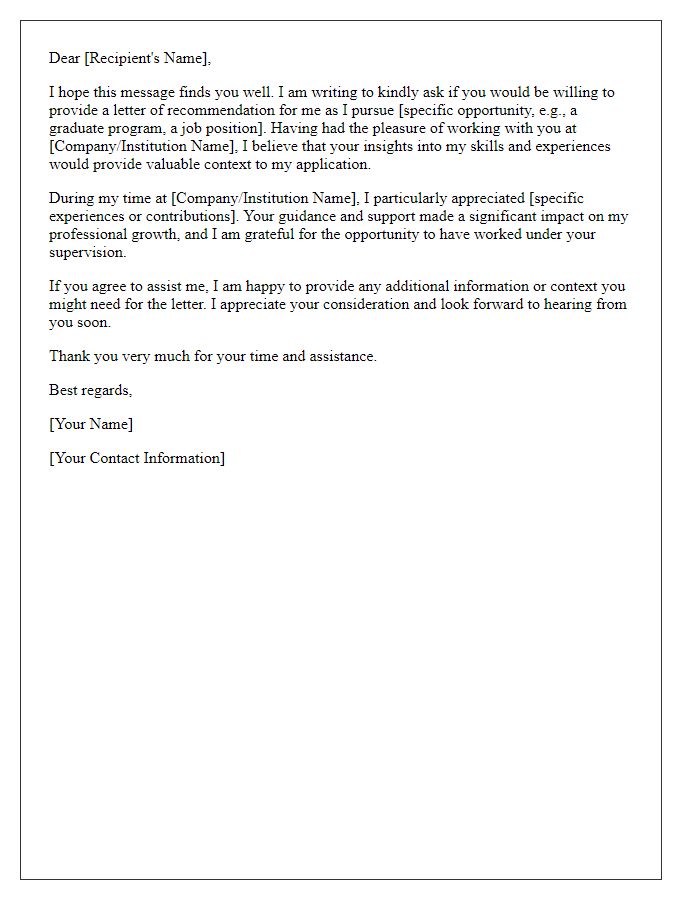
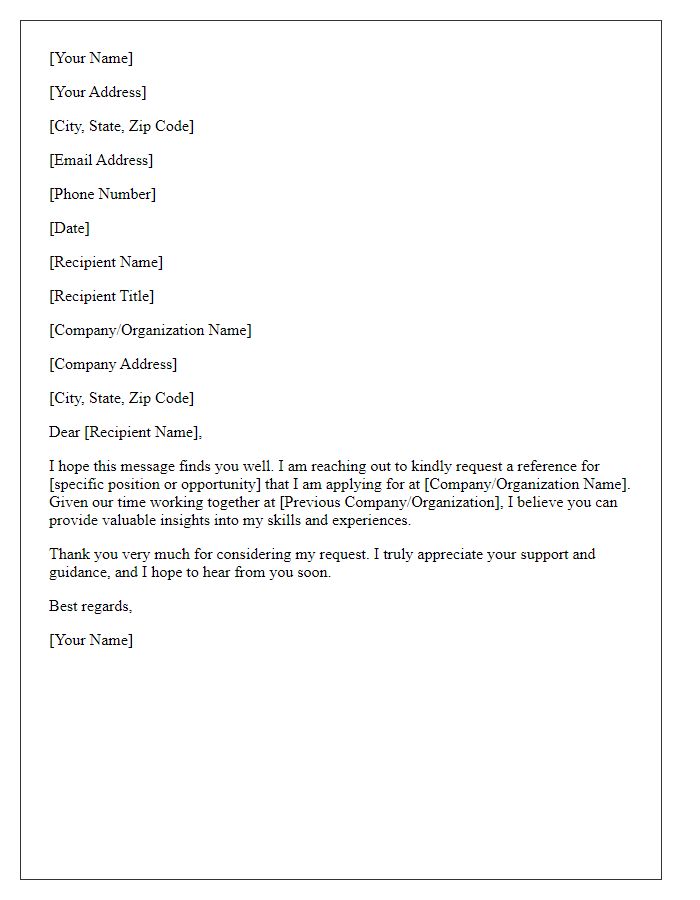
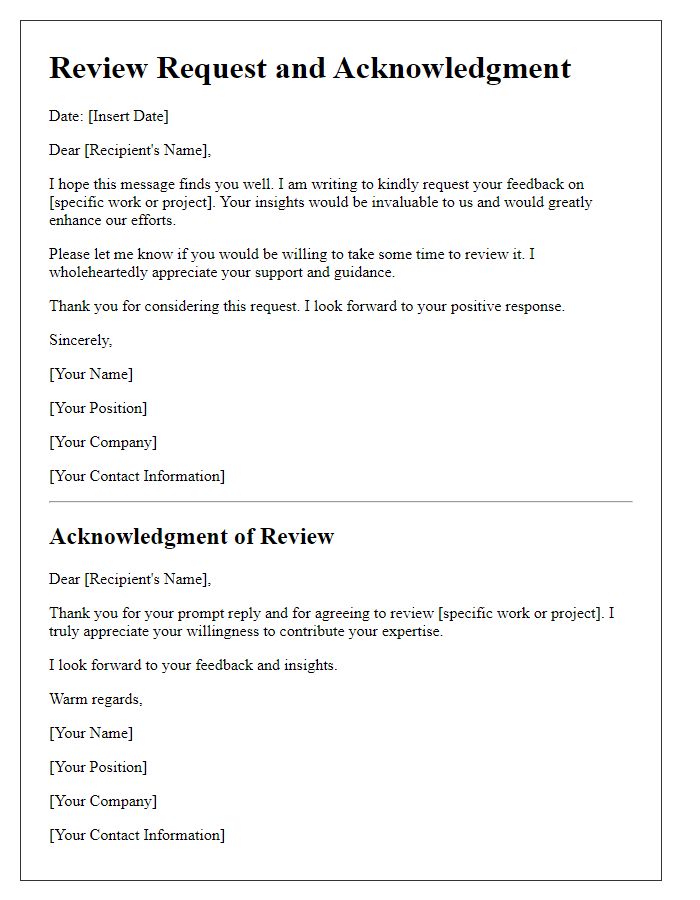
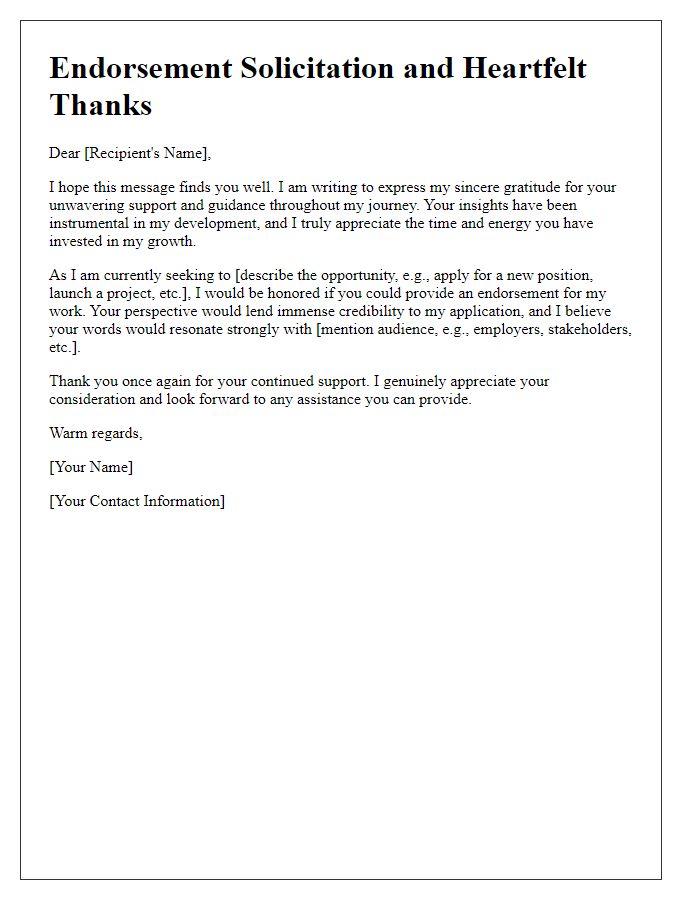
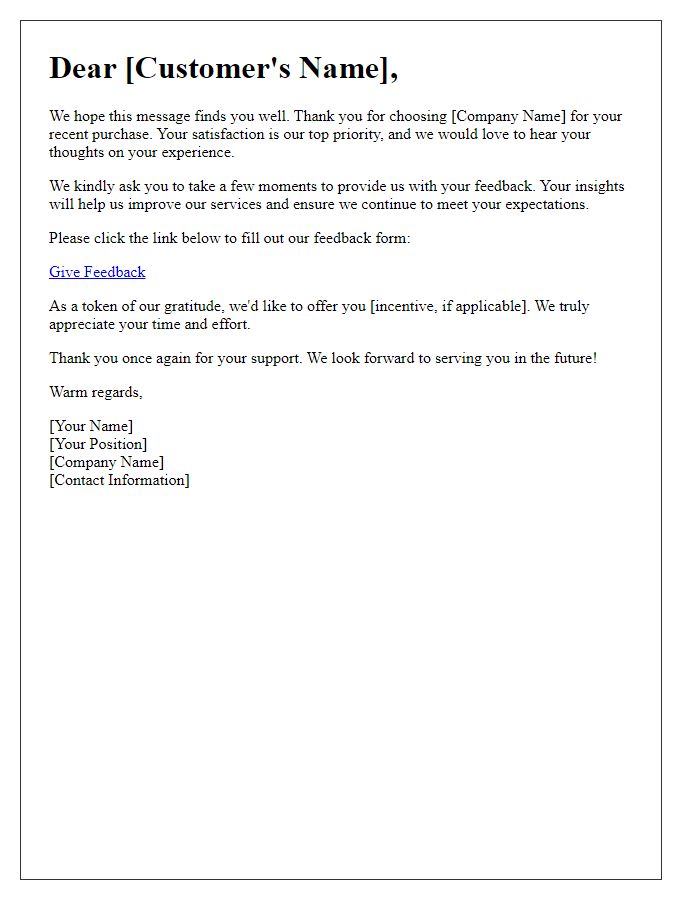
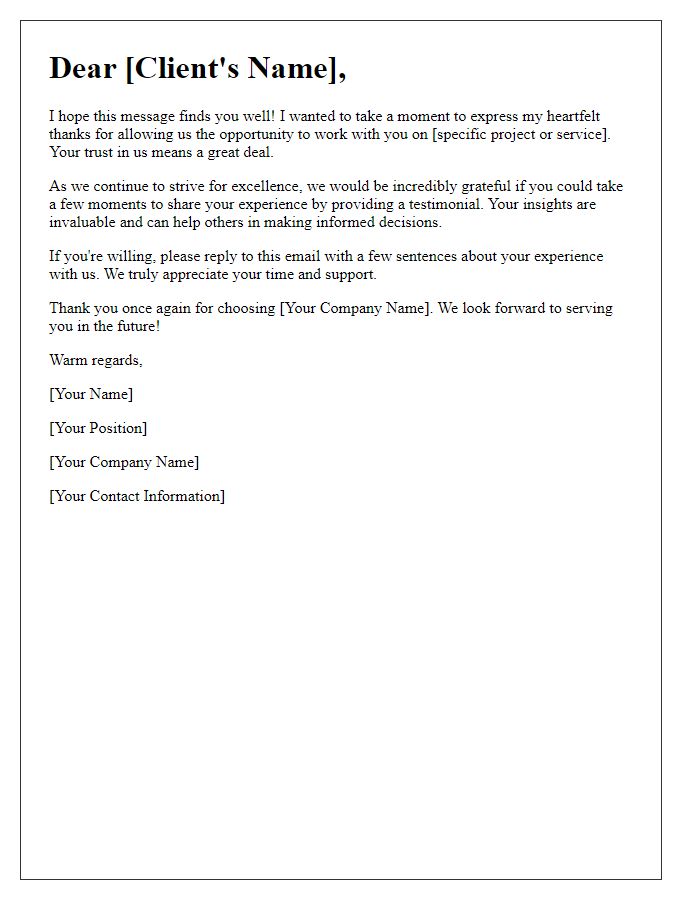
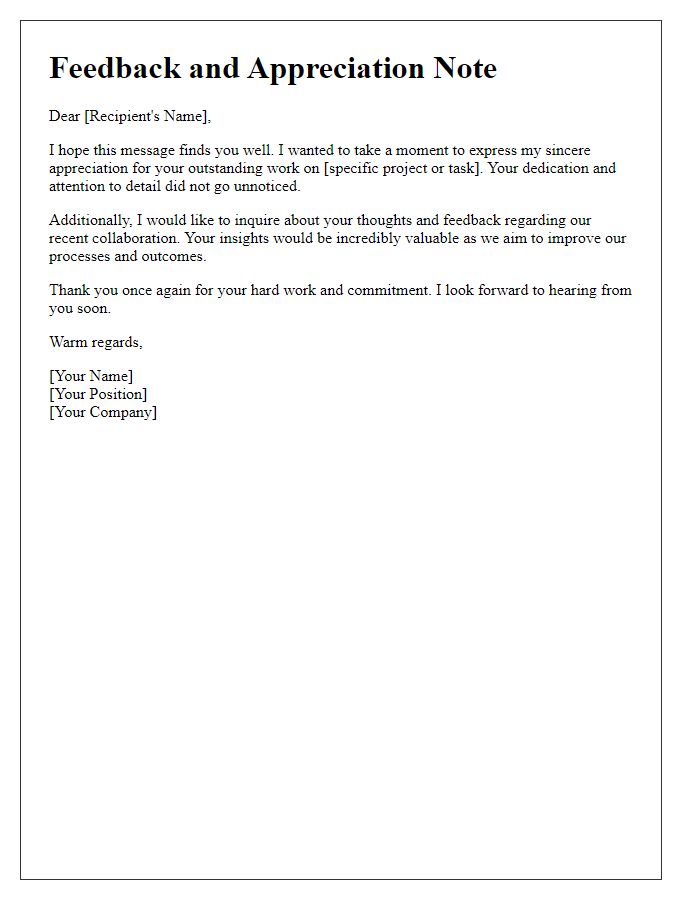


Comments